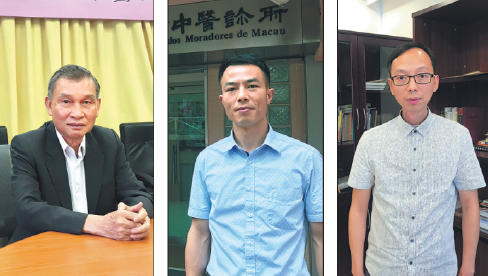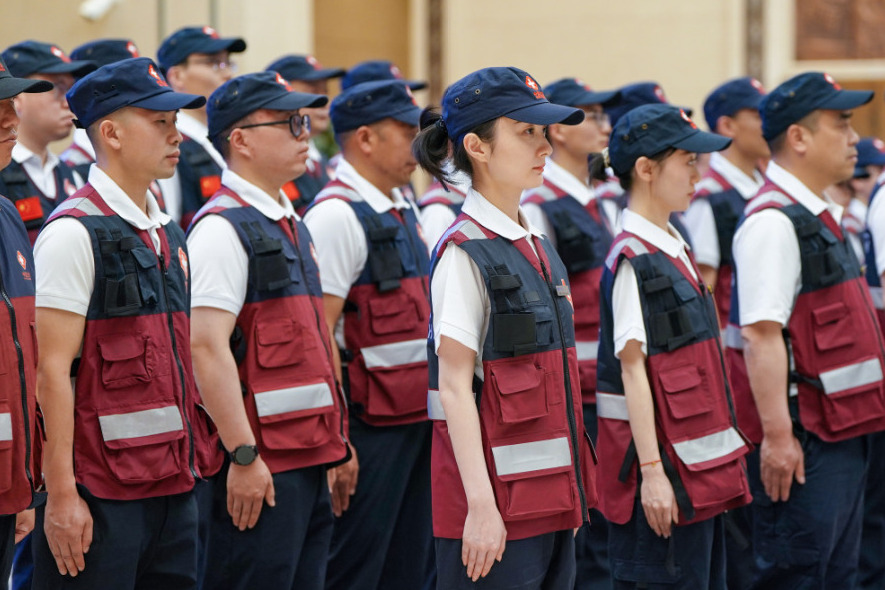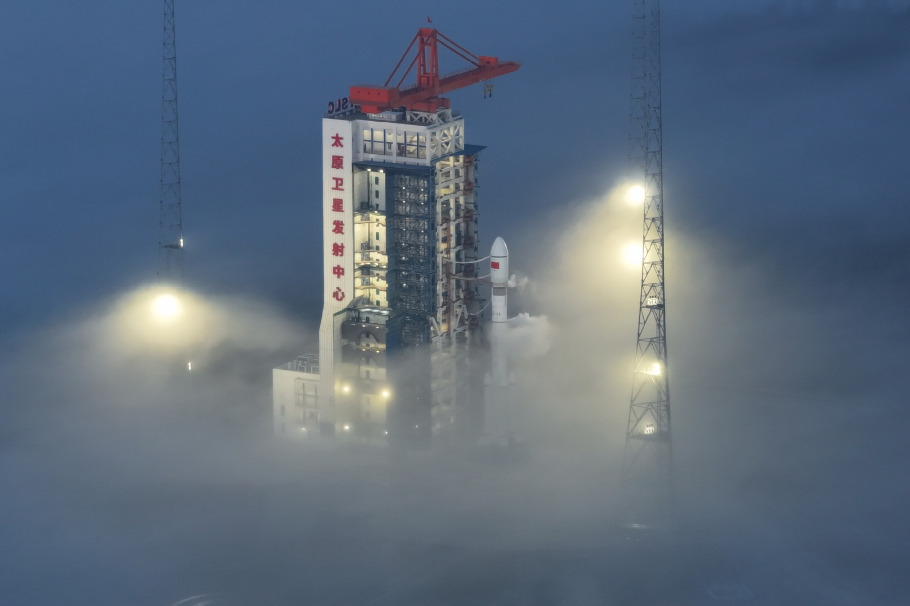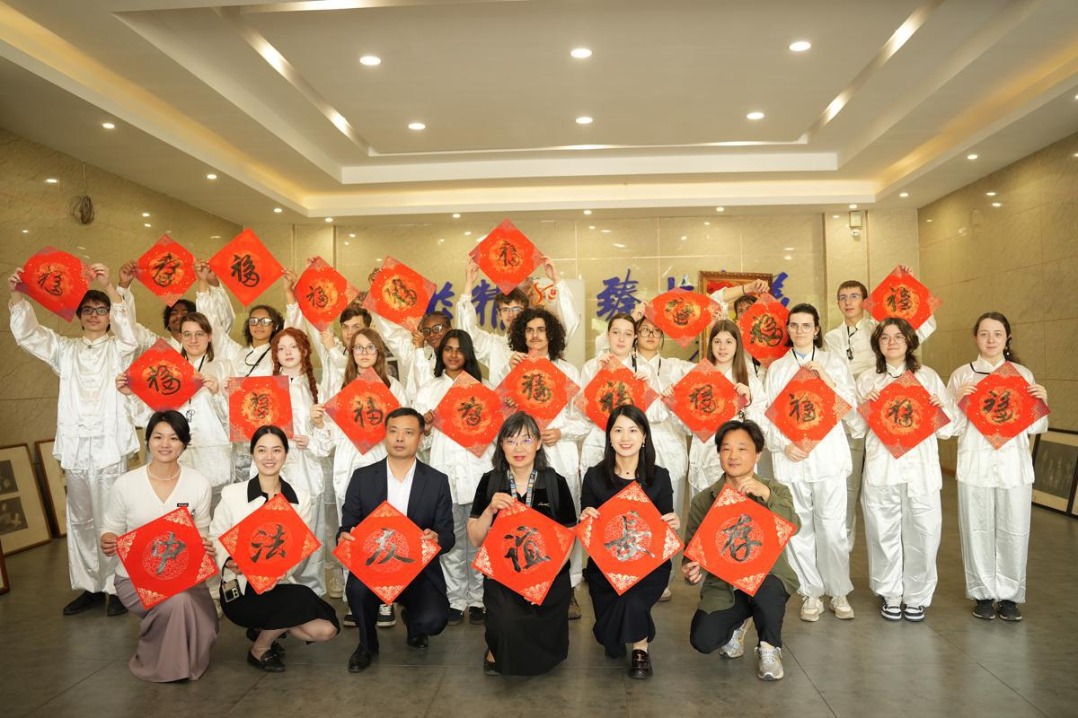City keeps writing its personal success story
The Chinese population has a history of taking charge of its own affairs, and that tradition is alive and well. Aska Cheong reports


From left: Io Hong-meng, chief supervisor at the General Union of Neighbourhood Associations of Macao; Fu U-on, head of the General Union of the Neighbourhood Associations of Macao; Tommy Lam Fat-iam, executive director of the Centre of Sino-Western Cultural Studies at Macao Polytechnic Institute CHINA DAILY
Blending in
Fu moved to Macao from the Chinese mainland a few years ago. Before his arrival, he had not been aware of the "association culture" in the city, he said.
"I was surprised to find there were so many presidents and vice-presidents in such a small city," Fu said. "Only later did I learn that most of them were officers of nonprofit associations."
Hoping to achieve a decent worklife balance, Fu shifted from a career in real estate on the mainland to association work in the city.
"I heard from some relatives that the General Union of Neighbourhood Associations of Macao provided a lot of help to people in need. I was keen on social work, so I applied for a job."
He began counseling people with financial difficulties or who were involved in family disputes, in addition to dealing with the association's administrative affairs.
"There are counseling cases involving problems that cannot be solved under the current government system and policy restrictions," he said. "Even though I had sympathy for the people involved, all we could do was visit as volunteers and let them know that we were there to support them."
The associations in Macao provide a wealth of public services, such as running schools and clinics, mediating in disputes and offering financial support. While the Macao government provides most of the funding for civic associations, the groups fill the service gap between the government and the people.
For example, the General Union of Neighbourhood Associations of Macao gets more than 70 percent of its operating expenditure from the government. The rest is provided by the Macao Foundation, a quasi-governmental organization that helps to finance projects and contributes social donations.
Owing to the associations' high level of recognition in the community, many of their leaders have successfully entered the political arena and made changes to public policy.
Given their broad reach across the community, the associations also serve as conduits for public opinion to be carried to the Legislative Council, or to national policymakers through the Standing Committee of the National People's Congress or the National Committee of the Chinese People's Political Consultative Conference.
The influence of the associations has long roots.
"In the years of Portuguese colonization, the authorities paid little attention to the governance of Macao after the '12-3 incident'," said Tommy Lam Fat-iam, executive director of the Centre of Sino-Western Cultural Studies at Macao Polytechnic Institute.
He was referring to a riot that broke out on Dec 3, 1966, as a result of growing tensions between the Chinese population and the then-colony's Portuguese rulers.
The clash resulted in several deaths and many injuries. After the confrontation, the colonial government left the city's Chinese residents to run their own affairs for the most part.
- Rice gene map to enable breeding of improved varieties
- China dispatches health team to quake-hit Myanmar
- China boosts vaccination accessibility at grassroots
- John Lee: HKSAR govt to press ahead with 15th National Games preparation
- 300-year-old dying tree in China gets second chance at life
- Population of critically endangered diving duck surges in China




































